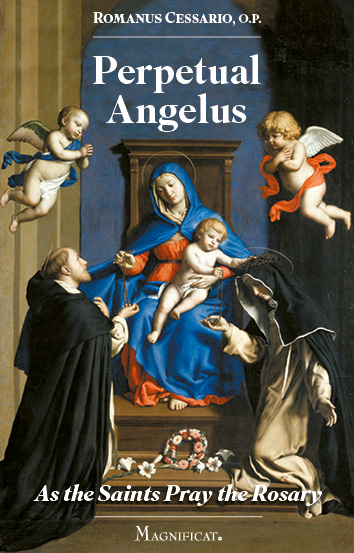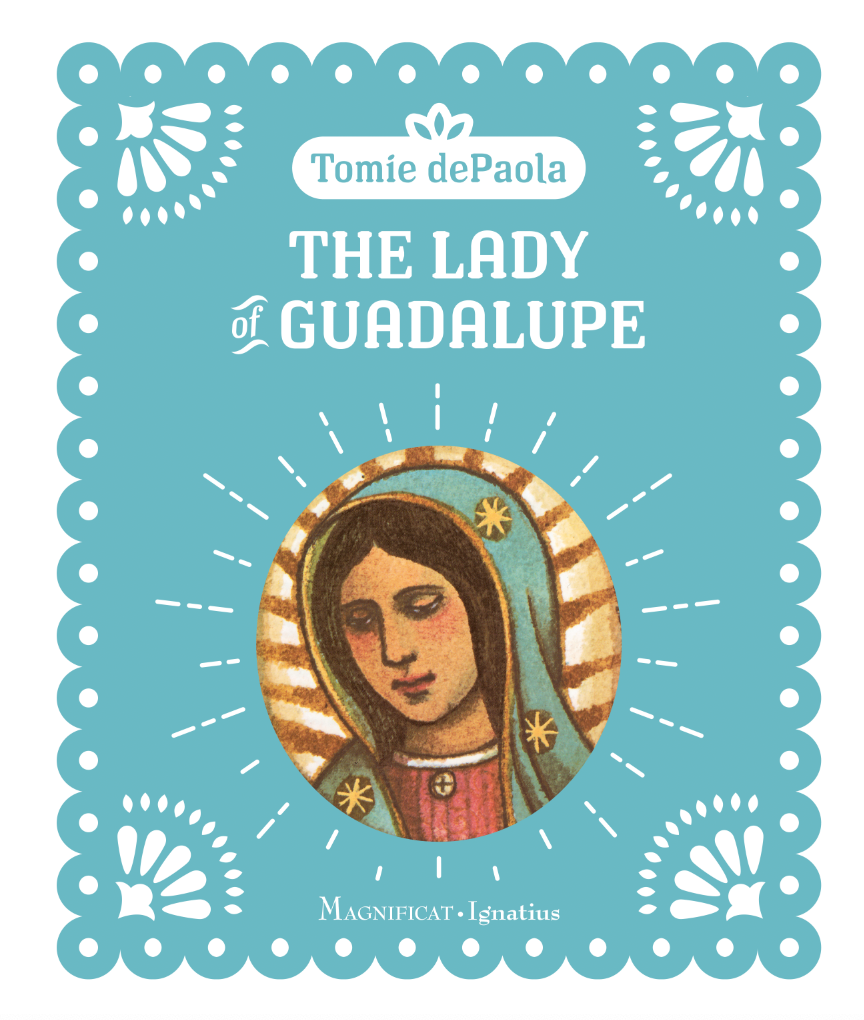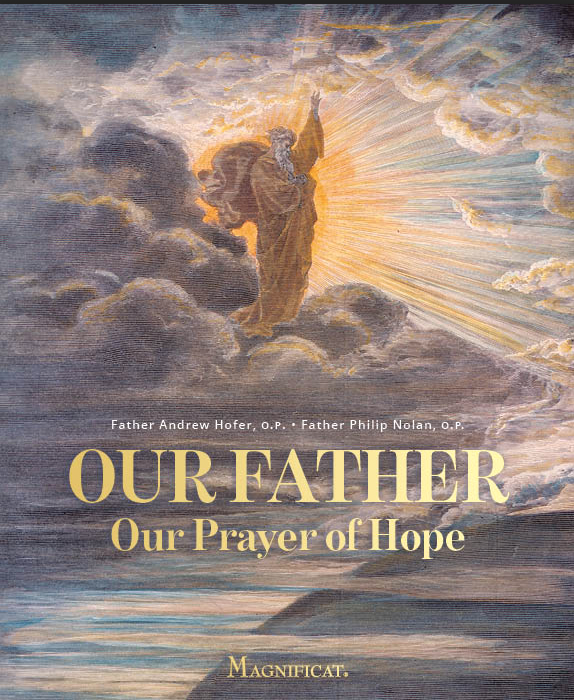The saints have left a legacy that has influenced not only their contemporaries, but also innumerable souls over the centuries afterward who have been inspired and instructed by their words and actions. By their living witness, the saints have thereby shaped history. We propose here a century-by-century “checklist” of saints essential to outlining the progress of the Church across the ages.
1st–10th centuries
By his pastoral leadership, Saint Peter (+ 64) preserved the unity of the Church as it radiated outward from Jerusalem, setting the standard for apostolic courage by dying for his flock. The zeal of Saint Paul (+ 67) to bring the Gospel everywhere was to inspire every missionary after him.
Saint Cecilia, virgin and martyr (+ c. 177 or c. 229), epitomized the Age of Martyrs and the calling to consecrated virginity, while also providing a model for married life.
A bishop, martyr, and Church Father, Saint Cyprian (c. 190–258), through his work, On the Unity of the Church, articulated doctrinal unity among Christians as essential to ecclesial unity.
The Church Father Saint John Chrysostom (344–407), Archbishop of Constantinople, provided through his sermons an early witness to the doctrine of the Real Presence of Christ in the Eucharist.
The greatest of the Church Fathers, the bishop Saint Augustine (354 430) made innumerable contributions to the exposition of the Catholic faith, while providing an example of conversion that would influence many over the centuries to come.
The Father of western monasticism, the abbot Saint Benedict (+ 543), exerted a profound influence on the development of Catholic spirituality and religious life. Benedictine monasticism was to mold European civilization.
A key figure in the development of the liturgy and Church music, Pope Saint Gregory the Great (540–604) upheld the authority of the papacy in the face of opposition, and sent missionaries to evangelize England.
One of England’s greatest scholars, Saint Bede (+ 735), a priest and religious, contributed to the Church’s intellectual life as a scriptural commentator, historian, and hagiographer.
The monk Saint Cyril (+ 869) and his brother Saint Methodius, bishop (+ 884), missionaries who evangelized Eastern Europe, are considered patrons of the cause of reuniting Eastern Orthodox Christians with the Catholic Church.
The martyr Saint Wenceslaus (+ 935), Duke of Bohemia, constituted a prime example of a medieval sovereign who labored to permeate society and culture with Catholic beliefs and values.
11th–15th centuries
A champion of the Church’s rights, Pope Saint Gregory VII (1020–1085) upheld clerical celibacy and the Church’s authority over the selection of bishops, while also combating the vice of simony (the selling of ecclesiastical offices).
The abbot Saint Bernard of Clairvaux (c. 1091–1153) epitomized the reaffirmation of monastic ideals. In his sermons he inculcated a filial devotion to the Blessed Virgin Mary.
As the Franciscans’ founder, Saint Francis of Assisi (1182–1226) contributed to the introduction of religious congregations devoted to the needy. He promulgated a personal devotion to Christ, particularly in the Passion and in the Holy Eucharist.
As the single most important theologian since the Apostolic Age, the Dominican priest Saint Thomas Aquinas (1225–1274) codified the entire corpus of the Church’s teachings, influencing every aspect of Catholic life.
As an outstanding example of consecrated virginity and Dominican spirituality, Saint Catherine of Siena (1347–1380) responded to the crisis of the Great Schism (a period of rival claimants to the papacy) by teaching an uncompromising obedience to papal authority.
A patroness of wives and mothers, Saint Frances of Rome, widow and religious (1384–1440), combined fidelity to her lay vocation with a mystical spirituality, demonstrating the universal call to holiness.
16th–20th centuries
A key figure of the “Catholic Reformation,” Saint Ignatius Loyola (1491–1556) countered the challenge of the Protestant Reformation by founding the Jesuit Order, dedicated to promulgating the Church’s teachings through preaching, scholarship, and missionary endeavors.
The martyred Jesuit priest Saint Isaac Jogues (1607–1649) exemplified the missionary fervor of the Church. His devotion to the Eucharist and zeal for the salvation of souls gave him the courage to die for the Gospel.
An outstanding moral theologian, the bishop Saint Alphonsus Liguori (1696–1787) revitalized Catholic life through the preaching of parish missions. He was an articulate advocate of devotion to the Blessed Sacrament and the Blessed Virgin Mary.
Saint John Vianney, the “Cure of Ars” (1786–1859), remains the quintessential model of the parish priest, zealous to save souls, administer the sacraments, and instruct his people. He exemplified the renewal of religious devotion in the face of growing rationalism.
Pope Saint Pius X (1835–1914) confronted the materialistic ethics of twentieth century society with his condemnation of Modernism, a heresy that undermined Catholicism with secularistic beliefs. His advocacy of frequent Communion buttressed Catholic spirituality.
These are but a few of the thousands of saints and blesseds who have changed history for the better. It remains for all of us to continue the “perpetual praise” that the saints offered to God while they walked the earth.
©Magnificat November 2004









